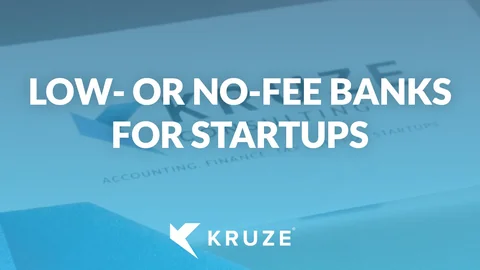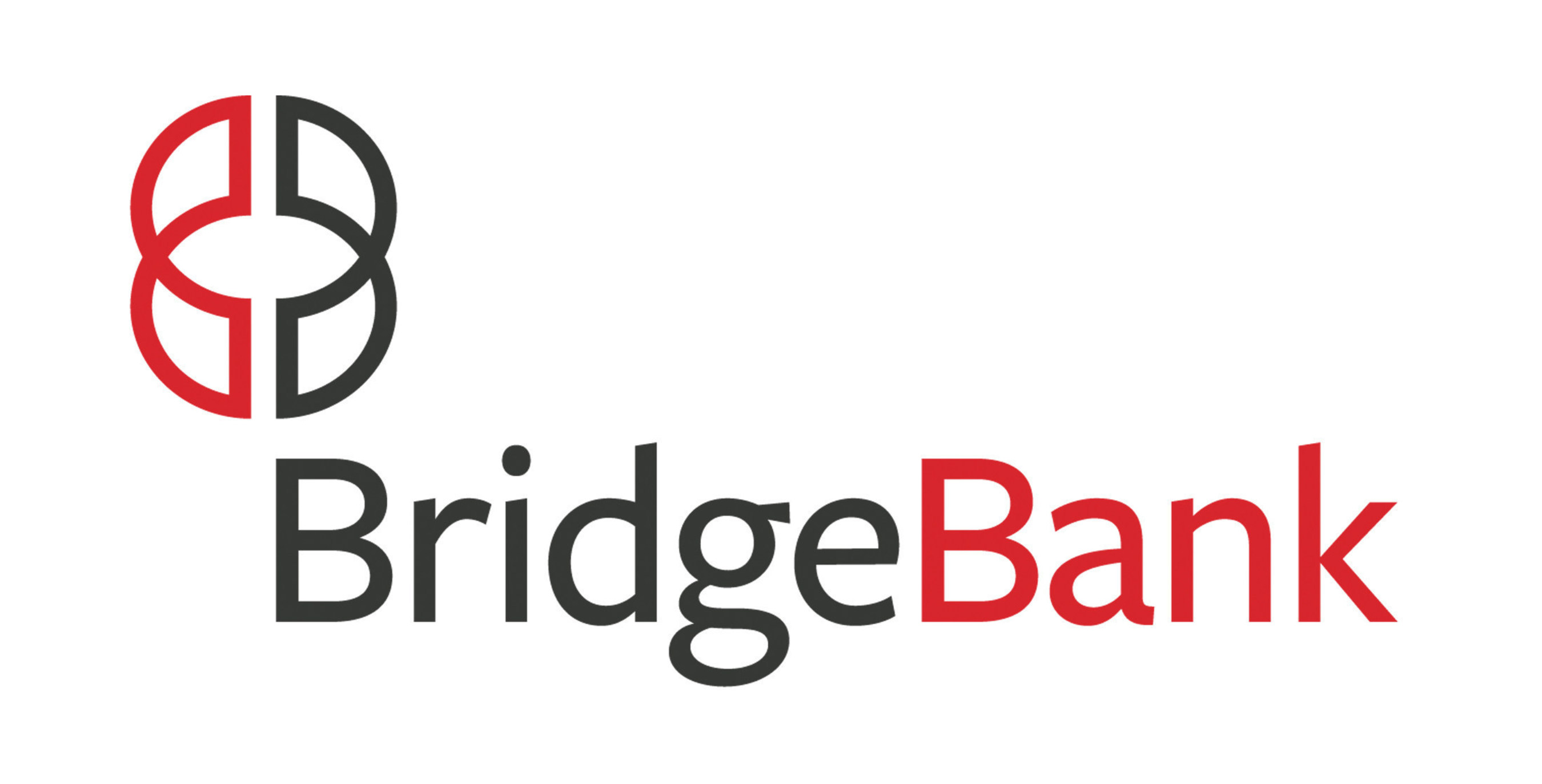
Choosing a bank that offers low or no fees helps startups preserve their limited financial resources and reduce their overhead costs. Startups almost always are operating on tight budgets, and high banking fees can quickly add up, cutting into cash flow.
Low or no-fee banking options allow startups to allocate more funds toward essential activities like product development, marketing, and hiring.
Banks that offer low or no-fee accounts
*with minimum balance
Let’s look at some of the advantages of avoiding unnecessary fees.
Cost savings
Monthly maintenance fees, transaction fees, and other hidden charges can be a financial burden on a startup. allowing startups to save money and allocate more funds toward critical business areas like growth and development. Let’s look at how monthly fees at a bank that charges monthly fees can add up, assuming the bank charges $25 per month for maintaining an account. .
Annual cost:
- Monthly Fee: $25
- Annual Fee Cost: $25 x 12 months = $300
If the startup has multiple accounts or needs additional services, these fees can add up quickly. For instance, if the startup requires three different accounts (for example, checking, savings, and payroll), the cost would be:
- Total Monthly Fee for Three Accounts: $25 x 3 = $75
- Total Annual Fee Cost for Three Accounts: $75 x 12 months = $900
Cost over time:
- 1 Year: $900
- 2 Years: $900 x 2 = $1,800
- 5 Years: $900 x 5 = $4,500

By choosing a bank that offers low or no fees, the startup could save up to $4,500 over five years. While that’s not a huge number, for startups every penny counts. And after the banking crisis of 2023, many startups are choosing to have at least two banks to protect their funds.
Improved cash flow
Low or no-fee banks help startups improve cash flow by reducing the drain on their available funds. Monthly maintenance fees, transaction fees, and other service charges are small but frequent expenses that can cut into cash flow. With fewer fees eating into their balance, startups can maintain healthier cash flow, which is essential for daily operations, covering expenses, and managing unexpected costs.
Budget predictability
Remember, banking fees change over time, and they typically don’t go down. Low or no fees provide more predictable financial management, as startups can better anticipate their banking costs, allowing for more accurate budgeting and financial planning.
Choose a bank that’s right for your startup
If you’re thinking about which bank you should choose for your startup, you can find more details on our best banks for startups page. You should focus on the financial institutions that have services that align with your company’s needs, and think about how their services will scale as your business grows.

















